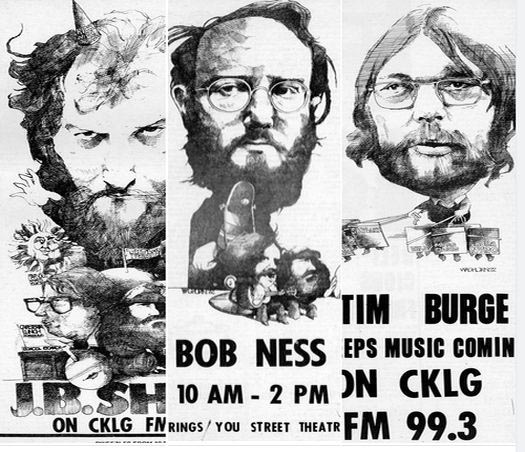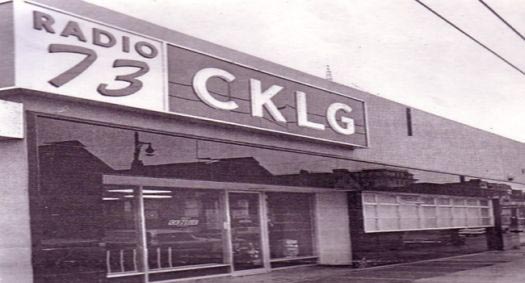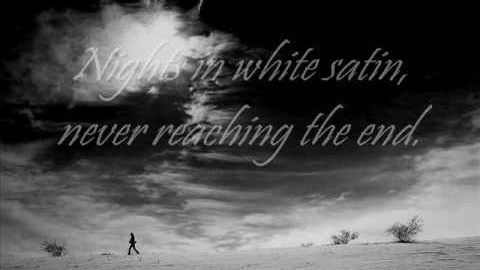
In the 1960s, radio announcers — or “boss jocks”, if you will — were celebrities, afforded the same degree of adoration by young people rock ‘n roll bands were accustomed to, their deep, resonant male voices (because, alas, radio was exclusively a male domain) you heard through your transistor or car radio speakers transporting you to another time and place.
The late 1960s was when a motley group of young guys took over the radio airwaves in Vancouver, when radio really meant something: lanky John Tanner arriving from Penticton, Daryl B from Winnipeg, Terry David Mulligan from North Vancouver via Red Deer and Regina, the ‘real’ Roy Hennessey, Rick Honey travelling cross-country after working a radio gig in Halifax, the preternaturally young and talented Fred Latremouille, East End boy wonder Don Richards, ex-Edmonton Eskimos football player Jim Hault, and radio screamer, CKLG’s ‘let me on the radio’, 16-year-old ‘little’ Stevie Wonder.
And, of course, the incredibly talented Johann Bruno (JB) Shayne aka Chuck Steak, Lucy Morals Loving Housewife Mother of Five, Captain Midnight, resident gardener Herb Folley, and Uncle Ned Out In the Shed Milking The Cow Right About Now, among a dozen other radio characters who were fixtures on Vancouver’s morning & afternoon drive programmes.
These were the halcyon days of Vancouver radio, never to be heard again.
And lucky me, I got to be a part of it from 1966 until 1970, rarely on the air, although I did have a regular Sunday morning gig on LG-FM playing classical music (ordered by the CRTC that the station play classical music 6 a.m. til noon, Sundays) — which was going to be the focus of today’s post, but I thought I’d get into too much trouble telling the story I’d intended.
Even so, I’ll leave you with this one ‘fit for print’ story about my days at LG-FM. Ordinarily, when sitting in the cavernous LG-FM studio (separated from the AM side of the operation by the production studio), there was a small lamp that lit up the console, casting shadow on the rest of the room.
One Sunday morning I arrived for work only to discover that one of the jocks on the FM side who’d been “promoted” to the AM side — although the jocks loved LG-FM, station management could have cared less, as FM wasn’t a revenue generator, barely an afterthought for Conservative party honcho, General Manager Don Hamilton — had taken the lamp home with him, leaving the FM studio well lit by blindingly bright fluorescent lights.
There was no way I was going to work 6 hours under those conditions.
So, following a spin of the Moody’s Blues’ Nights of White Satin — which I considered to be classical music, and anyway, what were the chances management was listening that early on a Sunday morning, although a woman did phone in to lodge a complaint to management — I opened the microphone, gave listeners the studio telephone number, telling them that I’d take the first person to deliver a desk lamp on a tour of the station. Two minutes later I got a call, and fifteen minutes later a group of hippies, a couple of guys and a girl, pressed the front buzzer, and in one of the guy’s hands was a perfectly gorgeous little, near historical Edwardian lamp.
Walking with the three towards the FM studio, I placed the lamp on the console panel counter, put on Circus Maximus’ Wind (I’ve never been good at following directions), and proceeded to take the three on a tour of the station, from Roy Hennessy’s music room, to the newsroom, into the AM studio where my friend (and best man at my wedding), the late Bren Traff was spinning discs, and then to the basement where all the jocks got together to get stoned (another story I can’t tell — well, maybe one part of it one day, involving Carol-Ann ‘Angel‘ Mulligan — who I was head over heels in love with at the time), and then back towards the entrance to the building, showing them the front offices of 1006 Richards Street, bid them adieu, and made it back to the studio just in time to put on the next record.

I pulled the chain on the lamp to turn it on, and then proceeded to turn off the overhead fluorescents. Seated back in my chair in front of the console, the room now properly lit, I noticed the lamp had dark blotches on the inside of the shade. Curious as to what those “blotches” were, I reached under the lamp and came across a very small bag that had been taped to the inside of the lamp shade. Removing the little baggie and placing it on the counter in front of me, I saw that it was a small bag of marijuana.
Hmmm, I thought to myself, as I reached under the lamp shade, and removed another baggie, this one filled with small pieces of hash. Lifting out another baggie and placing it on the counter, I saw that it contained several tabs of LSD. Eight bags in total, filled with marijuana, hashish, LSD, cocaine, and psychedelics, ranging from mescaline and magic mushrooms to LSD & peyote, a veritable pharmacological array of common 60s drugs.
And, no, I didn’t do any of those drugs during the course of my six-hour shift — although many jocks did their entire shifts high on one psychedelic or another. There’s a routinization to radio: you open the microphone, and the patter begins, the practiced way of presenting yourself on the airways, such a part of you that no matter how stoned you are, how much the room seems to be floating around you, once that microphone opens, you end up doing what you do best, the experience of the drugs serving to enhance your wit, your humour, your on air insight and your warm welcoming patter.
For years — until Cathy came along and said, “There’s no way you’re going to stay in radio hanging out with those guys. You’re going to university and that’s all there is to it” — radio played a pivotal role in my maturation, surrounded by great people, unbelievably bright and gregarious guys like Bill Reiter and Terry David Mulligan … both among the most generous, sane, and talented men I have ever met, who had my back always, as was the case with Jim Hault and Daryl B, and Douglas Miller, too — although I am sorry to report that I was not near as generous to Doug in our days at SFU, and earlier in our days in radio, as he was to me in the ten years we were close … it took me a long time to mature, and an even longer time to develop kindness and compassion as a way of bringing myself to the world.
